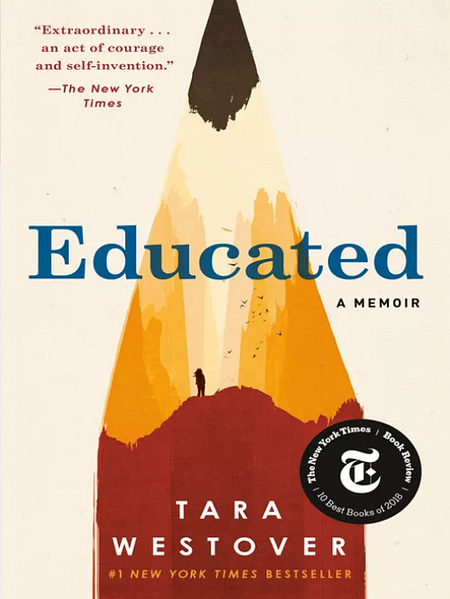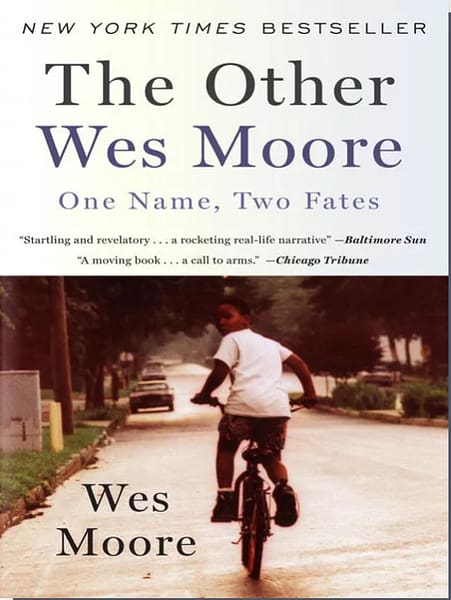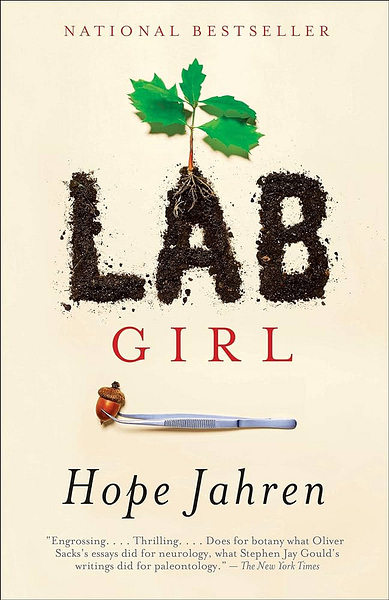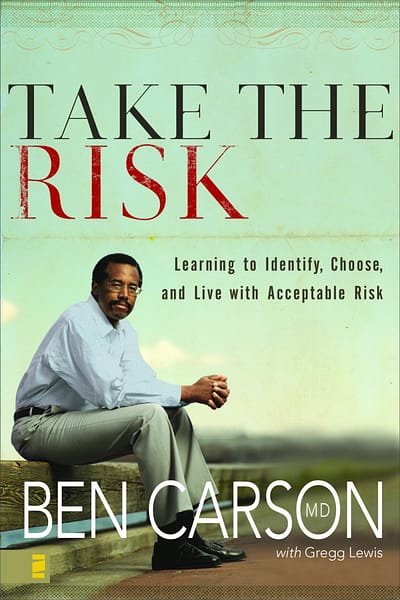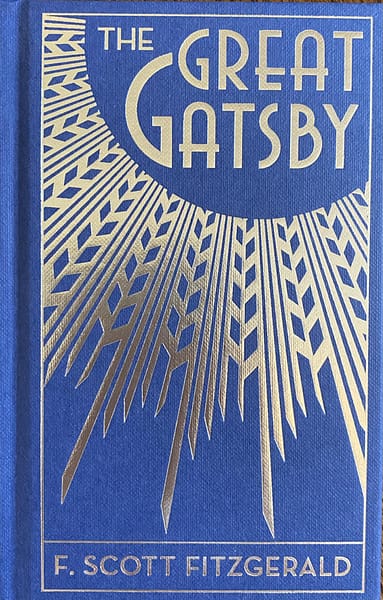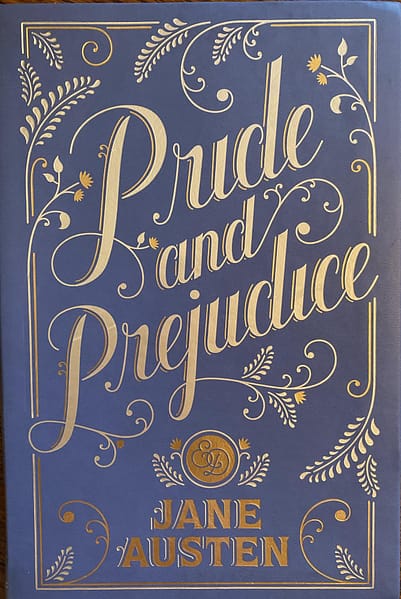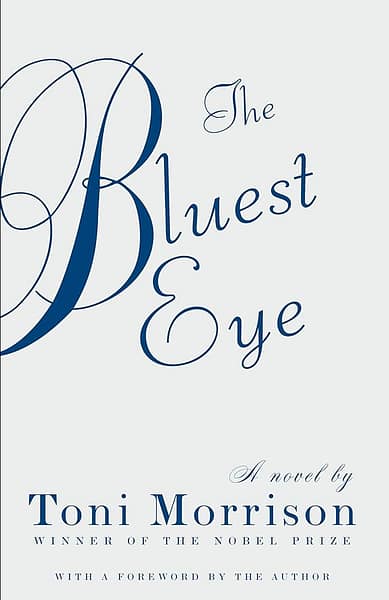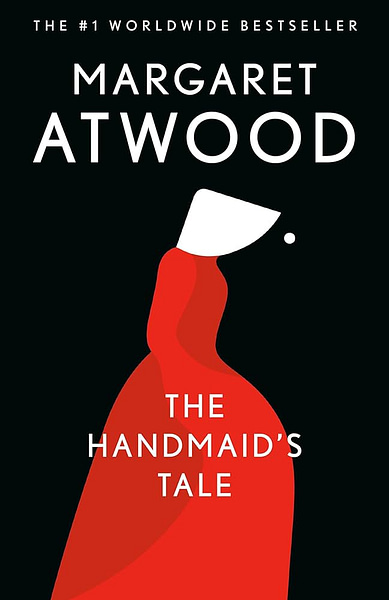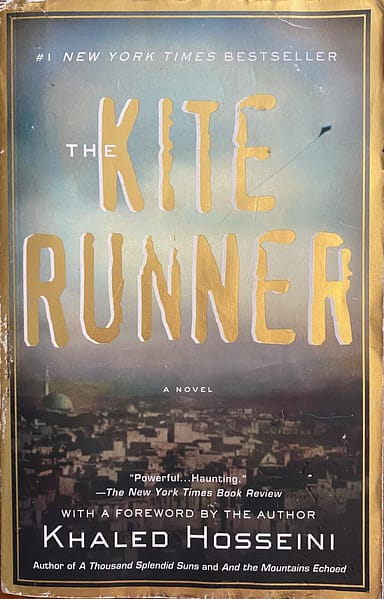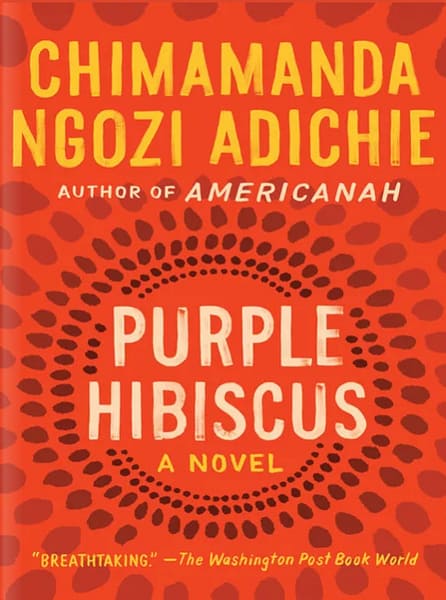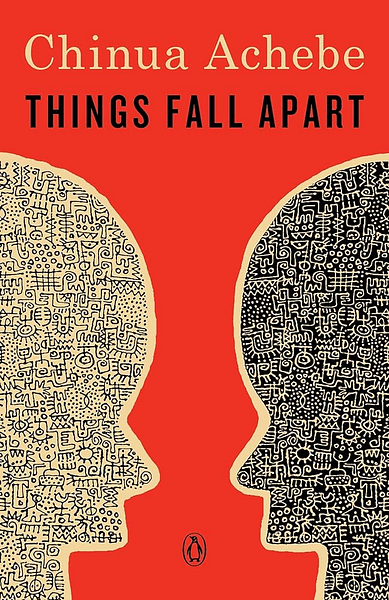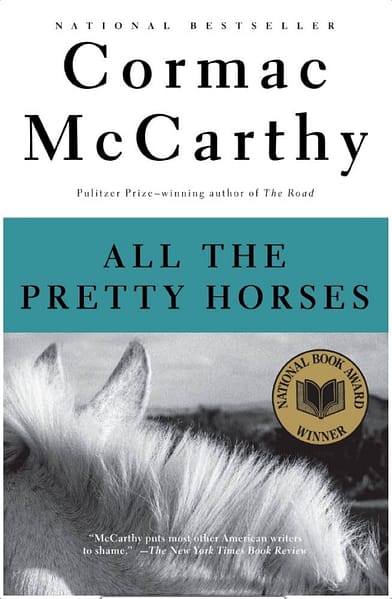Each year students in junior and senior English classes must choose a book to read over the summer. This is a guide to help students pick a book based on previous students’ opinions of what they read.
Junior AP Language and Composition:
“Educated” by Tara Westover (352 pages)
Westover recounts overcoming her survivalist Mormon family in order to go to college, and emphasizes the importance of education in enlarging her world.
- “I really enjoyed the book,” junior Maisie Krodel said. “It had a lot of interesting takes about familial trauma, self- discovery, and forgiveness that are truly applicable to anyone who reads it no matter their background or situation. I didn’t like the annotating because it kind of sucked the joy out of reading the book.”
- “I thought that it was one of the most impactful books that I have ever read,” junior Bridgy McCollumn said. “It was very informative about what it was like growing up in a survivalist family. It was a bit graphic. It wasn’t a difficult read, but there were times I had to set it down because it was overwhelming. It was really interesting and I was never bored when I was reading it. It really highlighted how there are many forms of abuse, and the censorship of education in her life was one of the greatest abuses she endured.”
- “‘Educated’ is probably one of my favorite school books that I’ve ever read,” junior Layla Love said. “Tara’s story was incredibly inspiring. Her story of overcoming mental and physical abuse was incredibly sad, but also enlightening.”
“The Other Wes Moore” by Wes Moore (250 pages)
The true story of two kids with the same name from the city: one went on to be a Rhodes Scholar, decorated combat veteran, White House Fellow, and business leader. The other is serving a life sentence in prison.
- “I thought it went surprisingly quickly because it was engaging and enlightening,” junior Coffey Collier said.
- “I read ‘The Other Wes Moore’ and it was so good I had my friend Eli read it, too, and she loved it,” junior Quenby Swanson said. “It’s about racial equity, criminal justice and nurture vs. nature.”
“Lab Girl” by Hope Jahren (304 pages)
The core of this book is the story of a relationship Jahren forged with a brilliant, wounded man named Bill, who becomes her lab partner and best friend. Their sometimes rogue adventures in science take them from the Midwest across the United States and back again, over the Atlantic to the ever-light skies of the North Pole and to tropical Hawaii, where she and her lab currently make their home.
“Take the Risk” by Ben Carson (240 pages)
No risk, pay the cost. Know risk, reap the rewards. In our risk-avoidance culture, we place a high premium on safety. We insure our vacations. We check crash tests on cars. We extend the warranties on our appliances. But by insulating ourselves from the unknown — the risks of life — we miss the great adventure of living our lives to their full potential.
Senior AP Literature and Composition:
“The Great Gatsby” by F. Scott Fitzgerald (180 pages)
Set in the Jazz Age on Long Island, near New York City, the novel depicts first-person narrator Nick Carraway’s interactions with mysterious millionaire Jay Gatsby, and Gatsby’s obsession to reunite with his former lover, Daisy Buchanan.
- “I liked that even though Gatsby is technically the main character, the book is given through Nick’s perspective because if it was Gatsby’s perspective his perfect shell would have been cracked from the very beginning,” senior Cate Shadid said. “Because it is told through Nick’s perspective, Gatsby is able to be chipped away slowly, which kept me intrigued.”
- “Loved it, but reading ‘old sport’ so much drove me insane,” senior McKenzie Morgan said.
- “Filled with a whimsical exploration of materialism and love, and how our dreams change us,” senior Erik Fankhauser said. “The ending was unsatisfying in the best way possible, just like the 20s.”
- “I liked it because it was short,” senior Patrick Reese said.
- “I thought the first three chapters were boring, but then the book got better,” senior Martin Goff said. “I enjoyed how short the book is, and it grew on me.”
“Pride and Prejudice” by Jane Austen (345 pages)
Pride and Prejudice follows the turbulent relationship between Elizabeth Bennet, the daughter of a country gentleman, and Fitzwilliam Darcy, a rich aristocratic landowner. They must overcome the titular sins of pride and prejudice in order to fall in love and marry.
- “I feel like it was boring and not as eventful as I would have liked,” senior Samantha Chappell said. “The majority of the novel was irrelevant and useless and there was only a chapter or two of actual exciting and engaging content.”
- “I’m a sucker for romances, so I liked that aspect of it, but it moved a little too slow for me to enjoy it,” senior Ella Christiansen said.
- “The second half of the book is amazing, but the first half of the book is boring,” senior Chisa Nwanebu said.
“The Bluest Eye” by Toni Morrison (224 pages)
The novel takes place in Lorain, Ohio, and tells the story of a young African-American girl named Pecola who grew up following the Great Depression.
No one read the Bluest Eye, however Morrison did win a Nobel Prize for her contributions to literature in 1993, so don’t count it out as an option.
“The Handmaid’s Tale” by Margaret Atwood (311 pages)
“The Handmaid’s Tale” is a futuristic dystopian novel set in a near-future New England in a patriarchal, totalitarian theonomic state known as the Republic of Gilead, which has overthrown the United States government.
- “I absolutely adore this book,” senior Abby Fankhauser said. “It is a fabulous premise with a thought provoking end. This is one of the first books for a class that I genuinely enjoyed and would read again.”
- “It was a good read, and it’s not too hard,” senior Sully McCollum said. “I’d say it’s about medium [reading] difficulty. It’s a good dystopian story like 1984. I found it interesting. You just need to take your time reading it to get the full richness of the story.”
- “I have a hard time understanding books, so I had to take notes and talk to my dad to get it,” senior Eden Gilbert said. “It was a good book. I liked how the handmaiden fought to get freedom. She was persistent despite being very restrained by society.”
“The Kite Runner” by Khaled Hosseini (371 pages)
The story of the unlikely friendship between a wealthy boy and the son of his father’s servant, caught in the tragic sweep of history, “The Kite Runner” transports readers to Afghanistan at a tense and crucial moment of change and destruction. A powerful story of friendship, it is also about the power of reading, the price of betrayal, and the possibility of redemption. It’s an exploration of the power of fathers over sons — their love, their sacrifices, their lies.
- “I loved ‘The Kite Runner’,” senior Kaylin Hart said. “It was very depressing. It’s a heavy book, but it opened my eyes to Afghan culture. It is definitely suited to a more mature audience.”
Senior English:
“The Kite Runner” by Khalid Hosseini (see above)
“A Handmaid’s Tale” by Margaret Atwood (see above)
“Purple Hibiscus” by Chimamanda Adichie (307 pages)
“Purple Hibiscus” is the story of two teenagers, Kambili and Jaja Achike, growing up in a household under the rule of their devoutly Christian father and against the backdrop of political and social unrest in Nigeria.
- “I really liked it,” senior Karen Martinez said. “It discussed child abuse in a third world country and it broadened my perspective of the world.”
“Things Fall Apart” by Chinua Achebe (209 pages)
“Things Fall Apart” details the life of Okonkwo. His struggle with his father’s reputation, the standards of masculinity, and the cultural practices of his clan all mirror the hardships and eventual destruction of his clan.
I was unable to find anyone who read “Things Fall Apart”, but it was listed by the Encyclopedia Britannica as one of 12 novels that are considered the best ever written.
“All the Pretty Horses” by Cormac McCarthy (301 pages)
“All the Pretty Horses” is the tale of John Grady Cole, who at 16 finds himself at the end of a long line of Texas ranchers, cut off from the only life he has ever imagined for himself. With two companions, he sets off for Mexico on a sometimes idyllic, sometimes comic journey to a place where dreams are paid for in blood.
- “I wasn’t extremely intrigued,” senior Emy Shaw said. “I don’t really love westerns, but it was okay.”
- “‘All the Pretty Horses’ is a beautifully written book with excellent use of symbolism to communicate its theme,” Fankhauser said. “A beautiful modernization of the western genre, the lack of dialogue indicators made me very mad while reading it though.”

